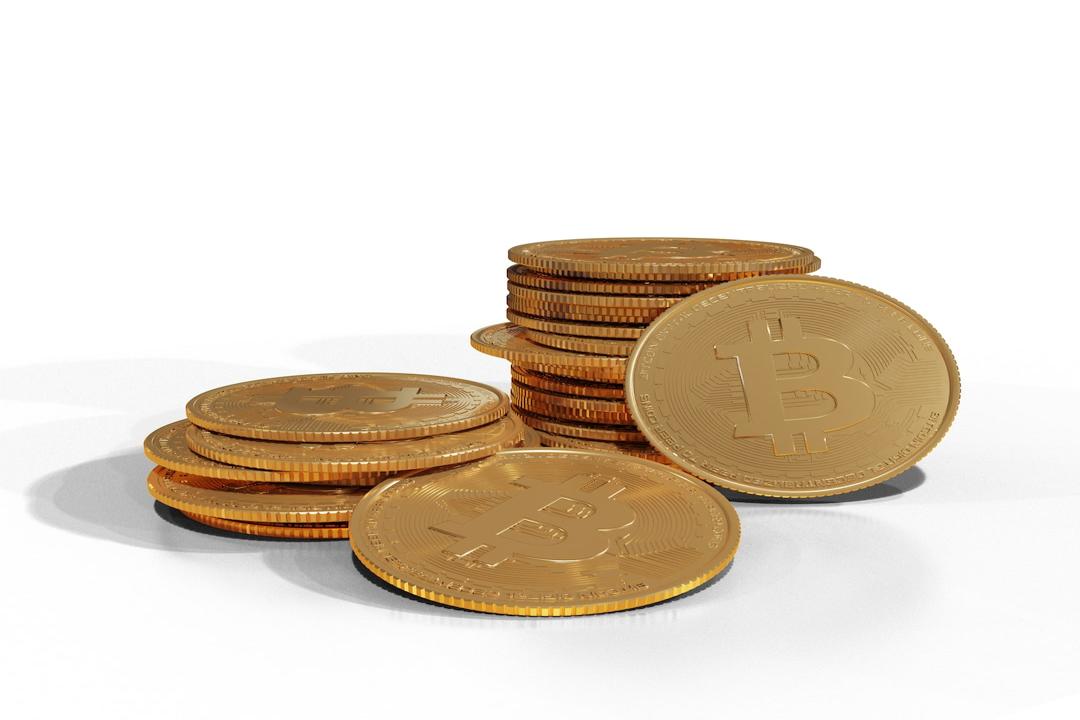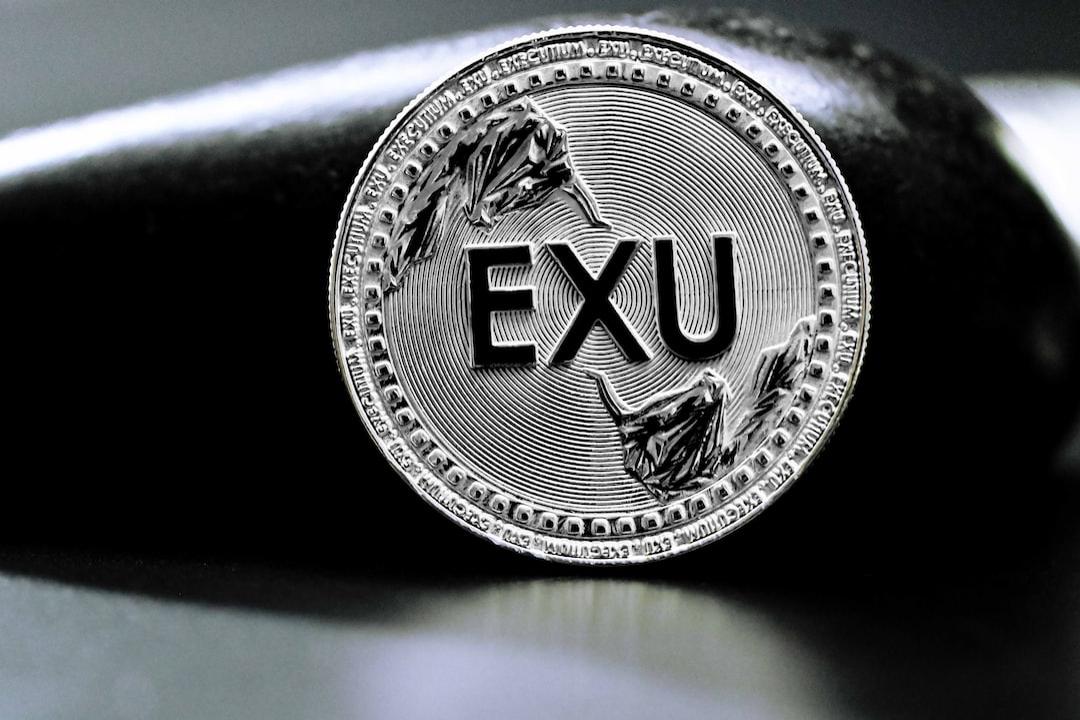As the relevance of Bitcoin rises in the global financial sphere, developing nations are increasingly exploring its integration. On November 1, David Bailey, CEO of Bitcoin Magazine, noted that several countries are advancing quietly towards Bitcoin adoption through state-funded energy-intensive pilot mining projects. These initiatives are evolving from over 100 megawatts to gigawatt scales and could lead to national Bitcoin reserves held by central banks or sovereign funds. Bailey predicted that substantial investments from nation-states might soon enter the market, potentially reaching billions monthly. He highlighted a significant shift in perspectives regarding Bitcoin, which has grown into a symbol of financial autonomy and a top-performing asset since its launch in 2009. Additionally, there is speculation that countries may adopt Bitcoin to reduce reliance on the US dollar and de-dollarize the global financial system. BRICS nations are already investigating Bitcoin for international trade settlements, with Argentina, Ethiopia, and the UAE beginning state-supported mining operations.
READ MORE:

Interest Rate Cuts and Election Speculation Set to Boost Bitcoin Prices, Claims WonderFi CEO
This growing interest in Bitcoin among developing nations signals a broader trend towards financial independence and innovation in the face of traditional banking limitations. By harnessing Bitcoin’s decentralized nature, these countries aim to enhance economic resilience, attract foreign investment, and tap into the lucrative global cryptocurrency market. As they explore pilot projects and infrastructure development, the potential for Bitcoin to reshape local economies and foster technological advancement becomes increasingly apparent.


